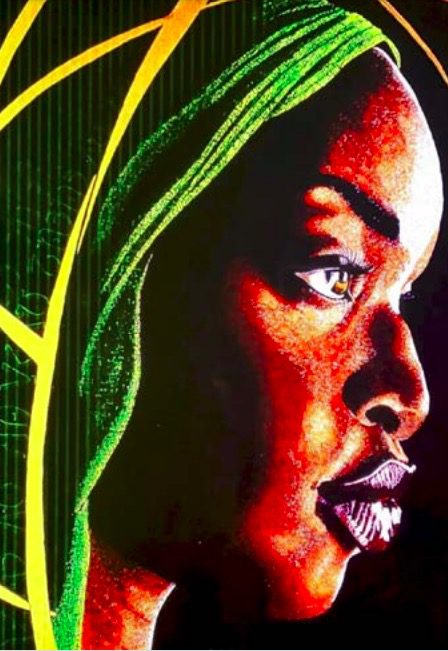
Sign up for our news digest
I agree to receive email updates from Human Trafficking Search. I may unsubscribe at any time.
MAPPING HER JOURNEY: Documenting Widespread Issues Affecting Sierra Leonean Domestic Workers in Oman Using Primary, Real-Time and Near Real-Time Data

